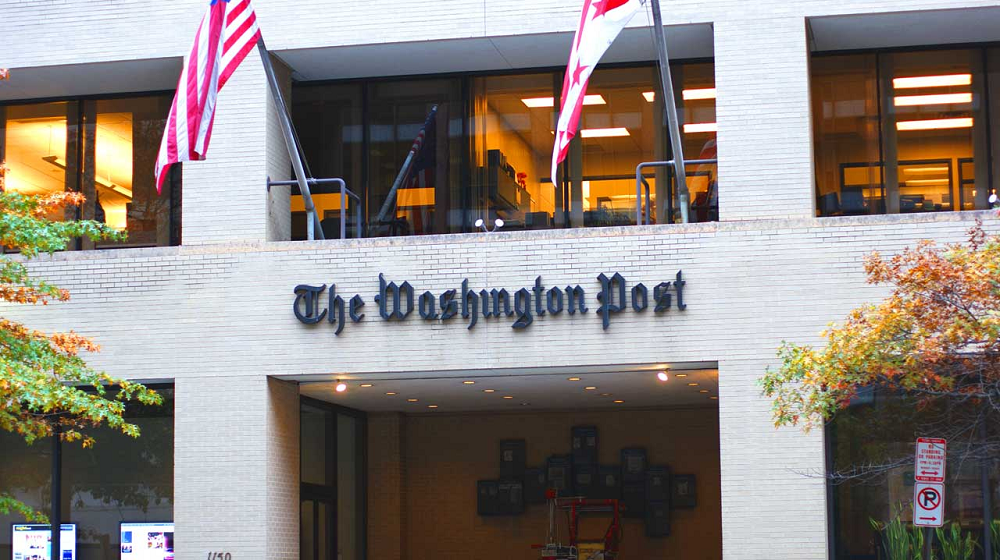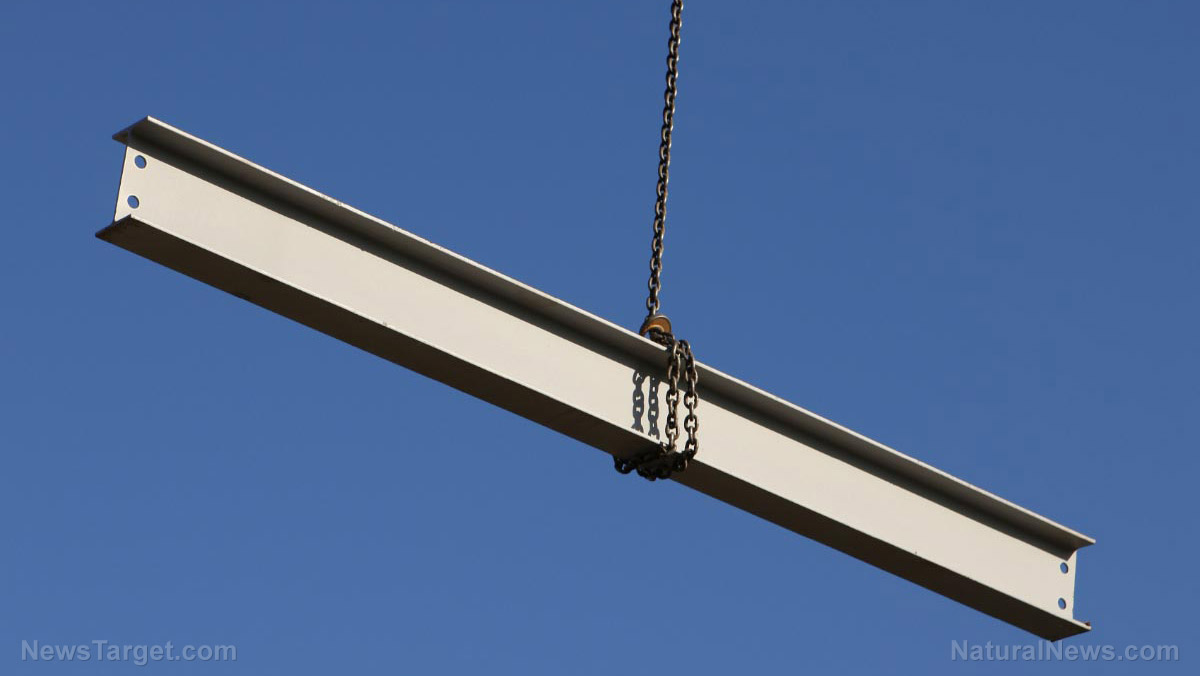Trump faces economic crisis: Inflation, debt and a faltering job market threaten America’s future
01/12/2025 / By Willow Tohi

- President-elect Donald Trump inherits an economy burdened by persistent inflation, a struggling job market, a weakened small-business sector, and unsustainable government debt, requiring urgent and decisive action.
- Inflation, running at 3% (50% above the Federal Reserve’s target), has eroded the dollar’s purchasing power by 22% officially, with industry-specific data suggesting nearly double that loss. Efforts to curb inflation through interest rate hikes and spending cuts were undermined by political pressures and increased money supply.
- Despite positive headlines, the job market is faltering, with declining employment-population ratios and labor force participation rates. Job growth has disproportionately benefited foreign-born workers, while structural shifts, childcare shortages, and cultural changes have driven many Americans out of the workforce.
- Federal debt as a percentage of GDP is at historic highs, crowding out private investment. Regulatory burdens under the Biden administration have stifled economic growth, making deregulation a key priority for the Trump administration to stimulate productivity and innovation.
- The Trump administration must pursue bold measures such as deregulation, tax cuts, and fiscal discipline to address structural economic issues. The American public expects significant action, as maintaining the status quo is no longer viable.
As President-elect Donald Trump prepares to take office, he faces an economy riddled with structural challenges that demand immediate attention. While optimism is growing among Americans, the reality is that optimism alone cannot repair the deep-seated issues plaguing the nation. From persistent inflation to a faltering job market, a struggling small-business sector and a government drowning in debt, the incoming administration has its work cut out for it.
The United States may still appear to shine on the global stage, but this is largely because other economies are in even worse shape. The root causes of these problems – exploding public-sector debt, bureaucratic overreach, and excessive regulation – are global in nature. However, the U.S. is not immune. Inflation, for instance, has been accelerating since September 2021 and currently runs at 3 percent, 50 percent above the Federal Reserve’s target. This follows four years of the worst inflation in at least 40 years, with some measures suggesting it rivals or exceeds the pain of the 1970s.
Inflation is insidious, and much worse than many realize
The damage inflicted by inflation is staggering. By official measures, the dollar has lost 22 cents of its purchasing power during this inflationary wave. However, industry-specific data on food, housing, cars, and services like insurance and transportation suggest the loss is nearly double that. Even if inflation were to end today, the economic scars of the past four years would linger for years to come.
The Federal Reserve and Congress attempted to combat inflation with higher interest rates and spending cuts, but these efforts were undermined by political pressures. Congress continued to spend recklessly, creating more debt than the Fed monetized, effectively printing more money. After a brief period of tightening, the Fed reversed course last year, injecting over $1 trillion into the economy. This, combined with increased spending velocity, has only exacerbated inflationary pressures.
Deceptive job market numbers
The job market is another area of concern. While headlines tout job creation, the reality is far less rosy. Both the employment-population ratio and labor force participation rate have been declining for six months, failing to recover fully from the March 2020 lockdowns. These metrics now resemble levels last seen in the early 1980s, before the widespread entry of women with young children into the workforce.
Structural shifts in the economy are partly to blame. Many Americans, particularly older workers and those with disabilities, have left the workforce entirely, relying on government welfare. Childcare shortages have also forced many women to exit the labor market, while cultural shifts have seen some two-income households revert to single-income arrangements.
The data on job creation is equally troubling. Revisions consistently downgrade initial reports, revealing a pattern of exaggeration. Moreover, nearly all job growth over the past four years has benefited foreign-born workers, raising questions about the impact of immigration policies on native-born Americans.
White-collar professionals are feeling the pinch as well. Hiring in office jobs has tightened significantly, with employers aiming to operate leaner and increasingly turning to artificial intelligence to replace workers. While layoffs have been limited so far, a sudden shift in corporate strategy could lead to a rapid spike in unemployment.
Inflated government handicaps industry
Government finances are another ticking time bomb. Federal debt as a percentage of GDP is at levels not seen since World War II, crowding out private investment and tempting the Fed to print even more money. Elon Musk’s Department of Government Efficiency (DOGE), formed with Trump’s blessing, proposed cutting $2 trillion from federal spending without touching entitlements. However, such drastic measures seem unlikely to materialize, given Washington’s reluctance to address the crisis head-on.
Regulatory overreach under the Biden administration has further stifled economic growth. Multiple sectors are entangled in a web of mandates and impositions, rendering many industries nonfunctional by design. Deregulation will be a key priority for the Trump administration, offering a rare opportunity to stimulate productivity and innovation.
As the new administration takes the reins, it faces a daunting task. The structural problems inherited from the previous administration are severe, and the solutions will require bold, decisive action. Deregulation, tax cuts, and fiscal discipline offer a path forward, but the road ahead is fraught with challenges.
The American people have high expectations for the Trump administration. Whether it can deliver remains to be seen, but one thing is clear: business as usual is not an option. The time for action is now.
Sources include:
Submit a correction >>
Tagged Under:
Biden, Collapse, DOGE, economic riot, Federal Reserve, Inflation, job market, market crash, pensions, risk, Trump, White House
This article may contain statements that reflect the opinion of the author
RECENT NEWS & ARTICLES
COPYRIGHT © 2017 BUBBLE NEWS




















